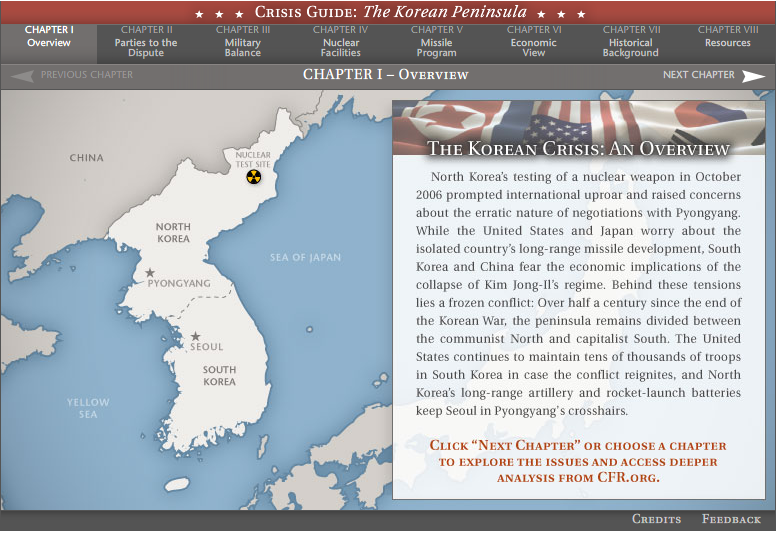CFR.org | Backgrounder: Olympic Pressure on China
/As the Beijing Olympics draw near, the world is bracing for what promises to be a historic event. China has promoted the games as an international coming-out party under the slogan, "One World, One Dream." Even the opening date is auspicious: August 8, 2008—8-8-08—is a very lucky day in Chinese numerology. Since Beijing won its bid to host the games, however, critics have attacked China's record on issues ranging from human rights to food safety to the environment. Just before the Olympic torch relay, China cracked down on Tibetans protesting the subjugation of their culture. The repression and violence that ensued brought international condemnation and calls for Olympic boycotts. China's environmental degradation, restrictions on free speech, and continued investments in Sudan, Myanmar, and Zimbabwe have drawn criticism as well. In its campaign to win the right to host the Olympics, China pledged to the International Olympic Committee (IOC) that the games would remain "open in every aspect." Many believe China is failing to abide by that pledge, but the vehemence of anti-China sentiment abroad has spurred a nationalist backlash within China, and the Chinese government strongly condemns what it considers the politicization of the Olympic Games.
Co-authored by Preeti Bhattacharjee and Carin Zissis

